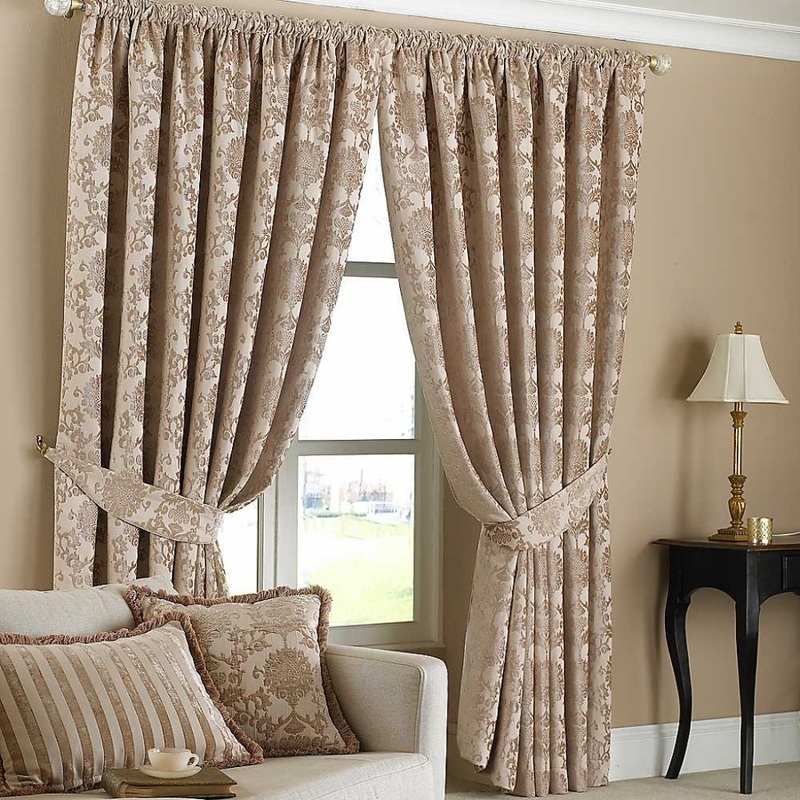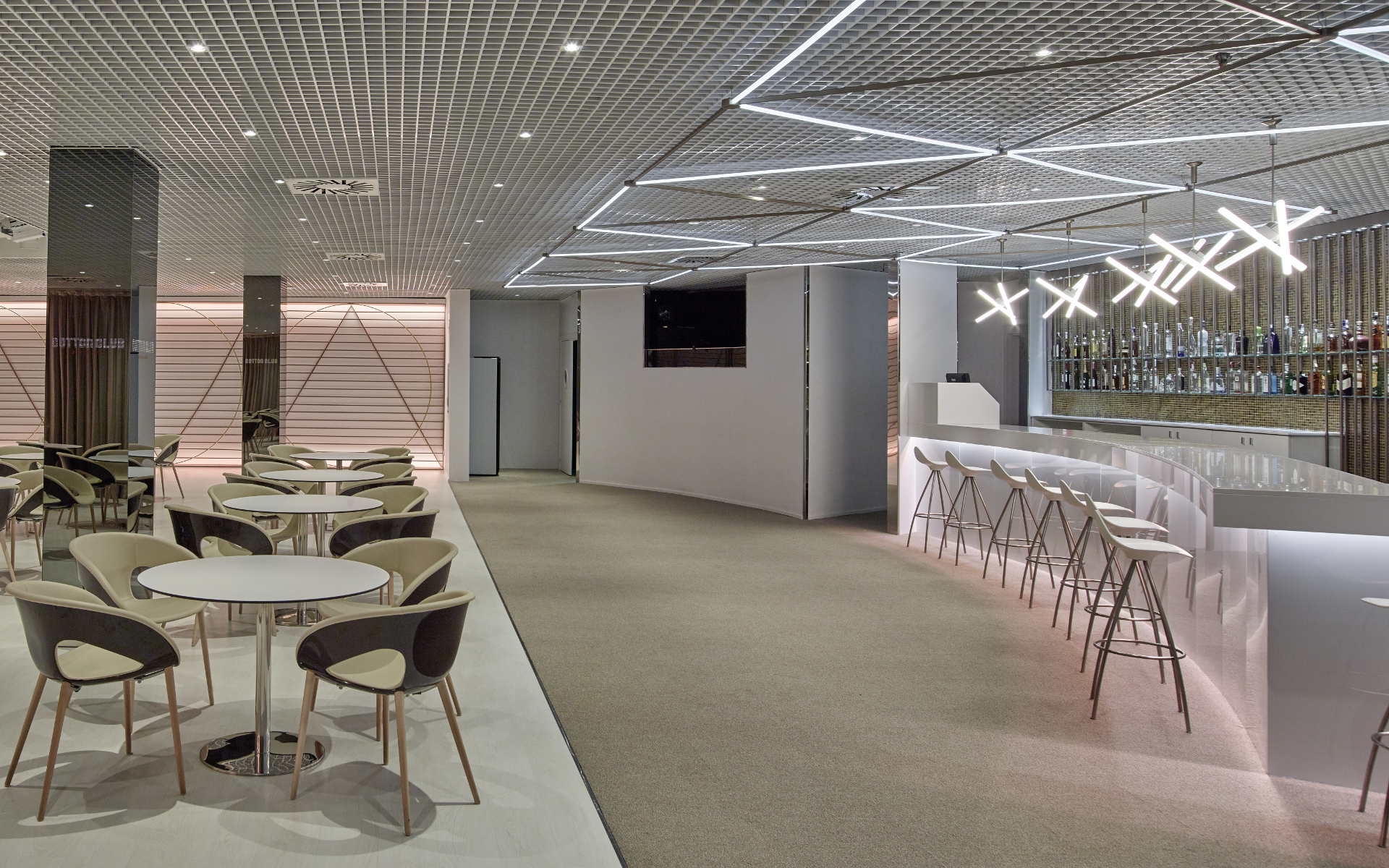Cotton Club Sala Poker
Poker Rooms; Cotton Club Genyus; Cotton Club Genyus. Facebook; Twitter; 5 4 3 2 1. Be the first to write a review! Marziale, 42, Rome (Directions) Phone: +51 Minimum Age: 18 Hours: 9pm -? Nearby Poker Rooms. Report missing or incorrect information. Cotton Club Genyus Write Review; Post TableTalk; Add Favorite; Check In; Overview. Cotton Poker Club Roma. Poker Room Room Cotton Poker Club. Indirizzo Via Marziale, N.42 - Roma. Infoline 3 - 06. Bgo Entertainment Limited (company registration number 1839) is a company registered in Cotton Club Roma Sala Poker Alderney. The registered office is at address Inchalla, Le Val, Alderney, GY9 3UL. The registered office is at address Inchalla, Le Val, Alderney, GY9 3UL. 200% up to £400 Bonus + 100 Cotton Club Roma Poker Tornei spins at Betfair Start your casino journey with an amazing 200% up to £400, plus 100 spins at Betfair! Play Casino, Live casino, Sportsbook and Poker, all under one roof.
| home | SHOP | Stories | Interviews | Links |
Fire in the Water, Earth in the Air: Legends of West Texas Music 'Indeed, Oglesby's introduction of more than two dozen musicians who called Lubbock home should be required reading not only for music fans, but for Lubbock residents and anyone thinking about moving here. On these pages, music becomes a part of Lubbock's living history.' | Elvis Presley, Buddy Holly, Joe Ely, and the Cotton Club Earlier, at the Fair Park Coliseum, Elvis had signed girl's breasts, arms, foreheads, bras, and panties. No one had ever seen anything like it. We had met Elvis' first manager, Bob Neal, bass player, Bill Black, and guitarist Scotty Moore. They wanted us to bring some beer out to the Cotton Club. So we did. My meeting with Bob Neal in 1955 was to have great meaning in my future. I was 15. The old scandal rag, Confidential, had a story about Elvis at the Cotton Club and the Fair Park Coliseum. It had a picture of the Cotton Club and told of Elvis' unique approach to autographing female body parts. It said he had taken two girls to Mackenzie Park for a tryst in his Cadillac. Elvis did several shows in Lubbock during his first year on the road, in 1955. When he first came here, he made $75. His appearance in 1956 paid $4000. When he arrived in Lubbock, Bob Neal was his manager. By the end of the year, Colonel Tom Parker had taken over. Elvis played the Fair Park Coliseum for its opening on Jan. 6th with a package show. When he played the Fair Park again, Feb. 13th, it was memorable. Colonel Tom Parker and Bob Neal were there. Buddy Holly and Bob Montgomery were on the bill. Waylon Jennings was there. Elvis was 19. Buddy was 18. Elvis' early shows in Lubbock were: Niki Sullivan, an original Cricket, and I had a singing duo as children. We cut little acetates in 1948. We also appeared several times on Bob Nash's kid talent show on KFYO. This was at the Midway Theatre. Buddy Holly and Charlene Hancock, Tommy Hancock's wife, also appeared on this show. Larry Holley, Buddy's brother, financed his early career, buying him a guitar and whatever else he needed. Buddy recorded twenty acetates at KDAV from 1953 until 1957. He also did a lot of recording at KLLL. Larry Holley said Niki was the most talented Cricket except Buddy. All of Buddy's band mates and all of Joe Ely's band mates were musicians as children. Buddy was fighting with his manager Norman Petty over money before he died. They were totally estranged. Larry Holley told me that Norman said to Buddy, 'I'll see you dead before you get a penny.' A few weeks later, Buddy was dead. When Buddy Holly died in a plane crash, it was headline news in the Lubbock Avalanche-Journal. Over 1000 people attended the funeral on February 7, 1959. Buddy was only twenty-two years old. His widow, Maria Elena Holly, was too upset to attend. The pall bearers were all songwriters and musicians that had played with Buddy: Niki Sullivan, Jerry Allison, Joe B. Mauldin, Sonny Curtis, Bob Montgomery, and Phil Everly. Elvis was in the Army. He had Colonel Tom send a large wreath of yellow roses. In 1976, I was managing the Joe Ely Band. They had recorded an as-yet -to-be-released album for MCA Records. I was in Nashville to meet with the MCA execs. They wanted Joe to get a booking contract and mentioned some unheard of two-man shops. Bob Neal, Elvis' first manager, had great success in talent managing and booking. He sold his agency to the William Morris Agency, the biggest booking agency in the world, and stayed on as president of the Nashville branch. However, some of the William Morris bookings led to zig zag travel over long distances to so-called listening clubs. When I complained to Bob Neal, he'd recall the 300 dates Elvis played back in 1955. Four guys in Elvis' pink Cadillac. When Buddy made some money, he bought a pink Cadillac. Joe Ely bought a pristine, 1957 pink Cadillac that was much nicer than either of their pink Cadillacs. Johnny Hughes is the author of the novel Texas Poker Wisdom. -MORE - Read Buddy Holly: Master Dreamcrafter, Rock-n-Roll Messiah by author Christopher Oglesby [11/2000 ] |

Cotton Club Sala Poker Club
| home | SHOP | Interviews | Stories | video | About Us | Did ya' know? |
Cotton Club Roma Sala Poker
| Copyright 2000-2009 Chris Oglesby All rights reserved |
For the nightclub of the same name in New York City, see Cotton Club.
The Cotton Club was a nightclub located in North Portland, Oregon. Located at 2125 N. Vancouver Avenue (and N. Tillamook Street), the club gained attention during the 1960s as the 'only nightclub on the West Coast with wall-to-wall soul.'[2] Celebrities such as Cab Calloway, Sammy Davis, Jr., Cass Elliot, the Kingston Trio, Joe Louis, and Archie Moore would visit the nightclub when they were in town.[3]
Background Information[edit]
The Cotton Club, located within the Albina area of North Portland, was a jazz nightclub that rose to fame in the 1960s after being purchased and renovated by Paul Knauls.[4] Paul Knauls moved to Portland, Oregon in 1963 in order to purchase the club.[5]
The jazz club was one of many black owned businesses that occupied the area at the time. It was located in a neighborhood where African-Americans settled after Vanport was destroyed by flooding in 1948 and Interstate 5 and the Memorial Coliseum uprooted a number of black-owned business. By the 1960s, it was part of a thriving area that included the Blue Ribbon Barbecue, Lew's Men's Shop, and the House of Fortune Cafe.[6]

History[edit]
The Cotton Club was named after a famous nightclub located in Harlem, New York. The Cotton Club was initially an unpopular and rundown location under the ownership of a man named Mr. Thompson, who owned the nightclub leading up to 1963 when it was purchased by Paul Knauls.[5]
The Cotton Club was part of the Chitiln’ Circuit, which was a network of venues on the West Coast that were safe for African American performers to play their music.[7] Many of the celebrities that came to the Portland area to perform would finish their evening at the Cotton Club.[5] In addition to being a popular spot for celebrities on the Chitlin's Circuit, the club gained traction among white community after being featured in the column “Baker’s Dozen” written by Doug Baker of the Oregon Journal[5]. The club was successful for about seven years until its doors closed in 1970.[5]
Paul Knauls[edit]

Paul Knauls was born in Huntington, Arkansas in 1931. Knauls joined the Air Force in 1949 just 17 days after graduating from high school.[5] Knauls was the first African-American to be stationed at Fairchild Air Force Base in Spokane, Washington.[8] Knauls worked up to three jobs at a time in order to save up enough money to fulfill his goal of owning a business. In addition to working as a typewriter repairman Knauls also worked as a dishwasher in a hotel and ski instructor on weekends.[9]
Knauls decided to pursue his dream of owning a nightclub in the Portland area due to the city's proximity to the skiing areas at Mt. Hood.[10] He discovered The Cotton Club while visiting the Portland area, and found that the owner of the nightclub was willing to sell the establishment. After 12 years of saving Knauls had $17,000, which was enough to begin the process of purchasing a nightclub in the Portland area. After securing a loan of $50,000 Knauls purchased the Cotton Club in 1963.[5]
Notable Performers[edit]
- Sammy Davis Jr. and Cab Calloway[13]
- Duke Ellington[11]
- Mel Brown, who went on to be the drummer for Diana Ross[14]
- Calvin Walker, The Sander's Brothers, Seven Souls, and Sunday's Child were all involved with the cotton club early in their musical careers [15]
- Ron Steen [5]
- Renn Woods[12]
See also[edit]
References[edit]
- ^Rand, Jessica. 'Paul Knauls'. www.opb.org. Retrieved 2020-03-01.
- ^'Boise Voices'. boisevoices.com. Retrieved 2020-03-01.
- ^'Angler Draws Strength from the Willamette River'. web.archive.org. 2005-04-04. Retrieved 2020-03-01.
- ^'PortlandTribune.com Albina stop has a storied history'. web.archive.org. 2005-05-23. Retrieved 2020-03-01.
- ^ abcdefghGies, Martha. 'Paul and Geneva Knauls'.
- ^'PortlandTribune.com Albina stop has a storied history'. web.archive.org. 2005-05-23. Retrieved 2020-03-01.
- ^'Night School #200: Paul Knauls, Sr'. 20 July 2018.
- ^Libby, Brian (11 March 2001). 'N.E.'s Hometown Barber'. www.bizjournals.com. Retrieved 2020-03-01.
- ^'Paul Knauls'. web.archive.org. 2001-01-19. Retrieved 2020-03-01.
- ^Eggers, Kerry (6 July 2017). 'IN CITY OF CHANGE, KNAULS REMAINS CONSTANT'. Retrieved 2020-03-01.
- ^ abSinger, Matthew (2 June 2018). 'WATCH: A Short Documentary On North Portland's Lost Jazz Scene'. Willamette Week. Retrieved 2020-03-01.
- ^ ab'Night School #200: Paul Knauls, Sr. - Night School /// XRAY.fm'. xray.fm. Retrieved 2020-03-01.
- ^'Paul Knauls'. opb. 24 August 2016.
- ^Silvis, Helen (23 February 2012). 'From the Archives: NE Portland's 'Mayor' Ran Hot Night Spot'. The Skanner.
- ^Singer, Matthew (2 June 2015). 'WATCH: A Short Documentary On North Portland's Lost Jazz Scene'. Willamette Weekly.
External links and sources[edit]

Coordinates: 45°32′19″N122°40′05″W / 45.538621°N 122.668024°W
